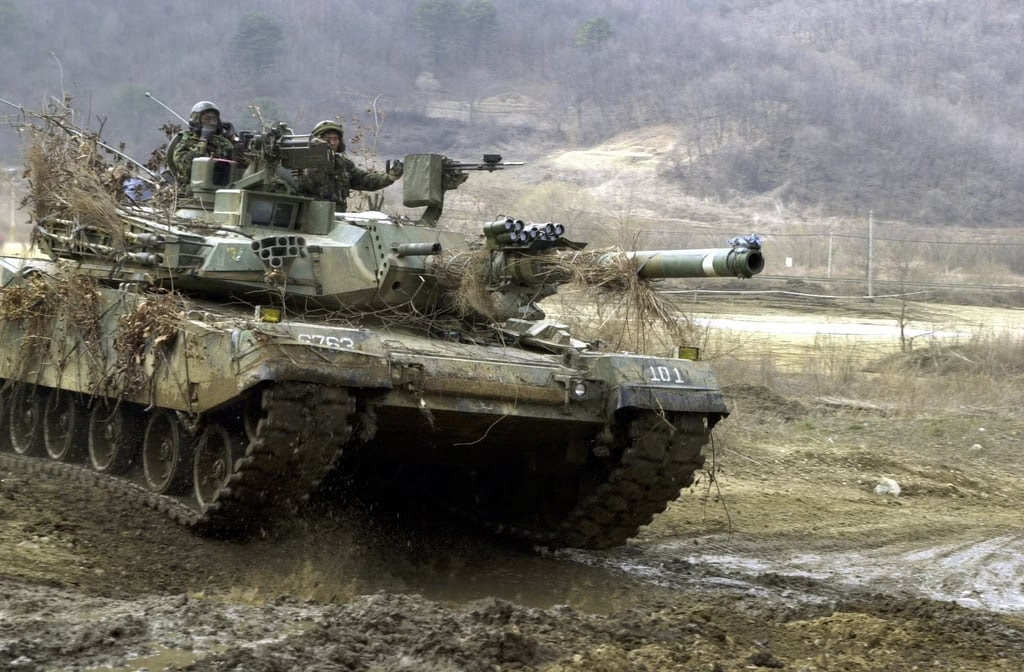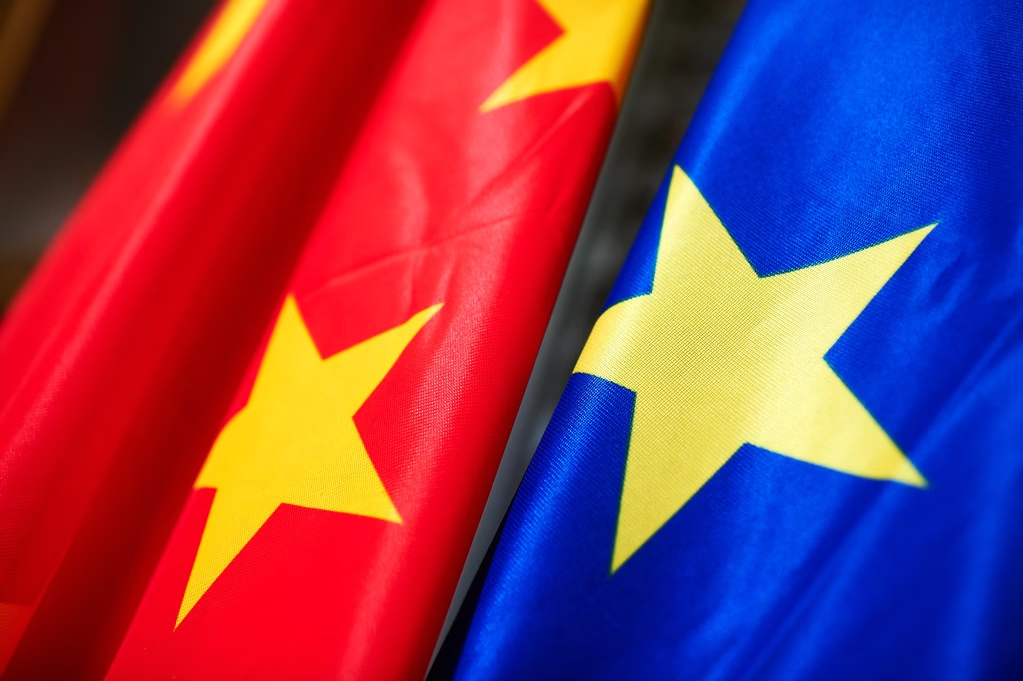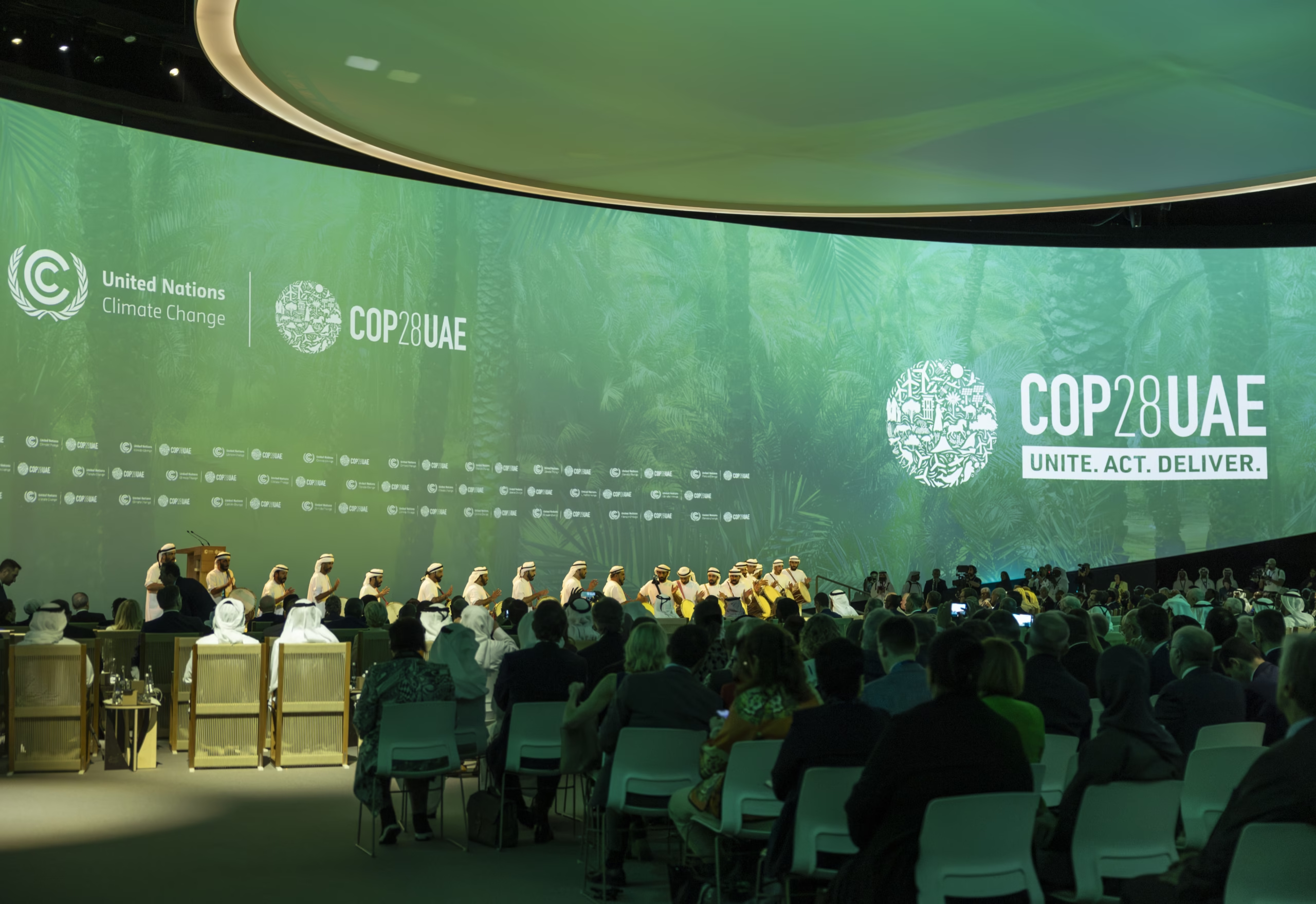Poland is rapidly increasing the size and capability of its Armed Forces. Uniformed personnel are one part of a Whole Force mix. Commander-led action will be needed urgently to turn the rhetoric of the ‘Whole Force’[1] into a military/industry reality
Author: Paul Newton
Published: 18/12/2023

Navigating between the desire to join the European Union but not recognising Kosovo and not joining the sanctions against Russia, Aleksandar Vučić appears to be the choice of the majority of Serbs.
Author: Zuzanna Sielska
Published: 15/12/2023

Time will of course show how events will unfold. Top priority is still about choosing the best candidate for the job – it trumps all other considerations. But I remain convinced that all 31 Allied governments have an interest in seriously considering a qualified (condition sine qua non) candidate from a CEE country.
Author: Robert Pszczel
Published: 13/12/2023

The government will have to act under social pressure, taking into account measures to prevent energy poverty, but at the same time strengthening market mechanisms.
Author: Sławomir Krenczyk
Published: 12/12/2023

It is now evermore imperative that the West redouble its efforts to support Ukraine, as the Ukrainian victory could just prevent the dreaded confrontation between Russia and the West.
Author: Sebastian Czub
Published: 12/12/2023

As the three leaders of the EU jet off to Beijing, more questions appear about the sense of the EU-China summit.
Author: Tomasz Obremski
Published: 07/12/2023

With the war in Ukraine once again turning into a contest of attrition, Russia possesses a significant advantage. It is at this time that Ukraine has to marshal and husband its resources and look to the West for support in the hopes of being able to match Russia’s seemingly inexhaustible military-industrial capacity.
Author: Sebastian Czub
Published: 05/12/2023

Even if geopolitical tensions are making it harder to be united, accelerating global warming will require parties to continue regular meetings and at least have minimal consultancy on climate issues.
Author: Karolina Olszowy
Published: 04/12/2023

Yesterday, Casimir Pulaski Foundation together with the British Embassy in Warsaw has organised ‘the Warsaw Justice for Ukraine Conference’ where we discuss how to support accountability for war crimes perpetrated in Ukraine.
Published: 30/11/2023

At the end of the day, there is much that the international community should and can do to help. Strong political, geopolitical, economic, and moral reasons exist for offering it. But it is equally true that Armenia must first help itself.
Author: Robert Pszczel
Published: 29/11/2023

Poland is rapidly increasing the size and capability of its Armed Forces. Uniformed personnel are one part of a Whole Force mix. Commander-led action will be needed urgently to turn the rhetoric of the ‘Whole Force’[1] into a military/industry reality
Autor: Paul Newton
Opublikowano: 18/12/2023
Navigating between the desire to join the European Union but not recognising Kosovo and not joining the sanctions against Russia, Aleksandar Vučić appears to be the choice of the majority of Serbs.
Autor: Zuzanna Sielska
Opublikowano: 15/12/2023
Time will of course show how events will unfold. Top priority is still about choosing the best candidate for the job – it trumps all other considerations. But I remain convinced that all 31 Allied governments have an interest in seriously considering a qualified (condition sine qua non) candidate from a CEE country.
Autor: Robert Pszczel
Opublikowano: 13/12/2023
The government will have to act under social pressure, taking into account measures to prevent energy poverty, but at the same time strengthening market mechanisms.
Autor: Sławomir Krenczyk
Opublikowano: 12/12/2023
It is now evermore imperative that the West redouble its efforts to support Ukraine, as the Ukrainian victory could just prevent the dreaded confrontation between Russia and the West.
Autor: Sebastian Czub
Opublikowano: 12/12/2023
As the three leaders of the EU jet off to Beijing, more questions appear about the sense of the EU-China summit.
Autor: Tomasz Obremski
Opublikowano: 07/12/2023
With the war in Ukraine once again turning into a contest of attrition, Russia possesses a significant advantage. It is at this time that Ukraine has to marshal and husband its resources and look to the West for support in the hopes of being able to match Russia’s seemingly inexhaustible military-industrial capacity.
Autor: Sebastian Czub
Opublikowano: 05/12/2023
Even if geopolitical tensions are making it harder to be united, accelerating global warming will require parties to continue regular meetings and at least have minimal consultancy on climate issues.
Autor: Karolina Olszowy
Opublikowano: 04/12/2023
Yesterday, Casimir Pulaski Foundation together with the British Embassy in Warsaw has organised ‘the Warsaw Justice for Ukraine Conference’ where we discuss how to support accountability for war crimes perpetrated in Ukraine.
Opublikowano: 30/11/2023
At the end of the day, there is much that the international community should and can do to help. Strong political, geopolitical, economic, and moral reasons exist for offering it. But it is equally true that Armenia must first help itself.
Autor: Robert Pszczel
Opublikowano: 29/11/2023










